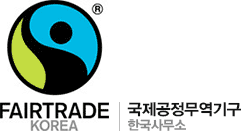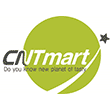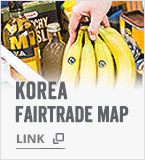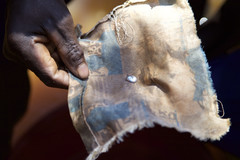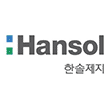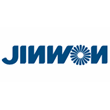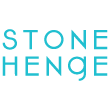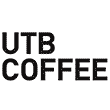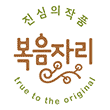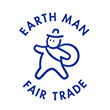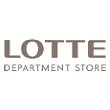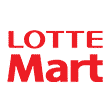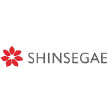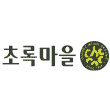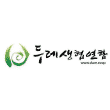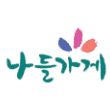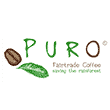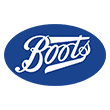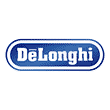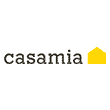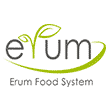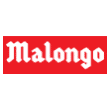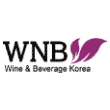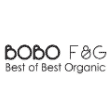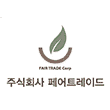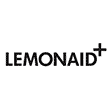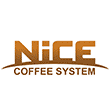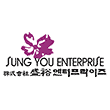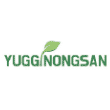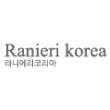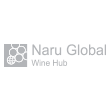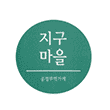- You are here :
- Home
- Media Center
- News and Events
News and Events
| 2016-12-20 17:52:13 | |
Fairtrade Certifies First Artisanal Small-scale Mining Cooperative in Africa |
|
Africa’s first Fairtrade certified gold
cooperative offers hope to gold miners living in poverty. 19 October 2016
Syanyonja
Artisan Miners' Alliance (SAMA) has become the first artisanal small-scale
mining cooperative in Africa to become Fairtrade certified, bringing much
needed hope to impoverished communities who risk their lives to mine the rich
gold seam that runs around Lake Victoria. SAMA is one of
nine previously informal groups from Uganda, Kenya and Tanzania which has
benefitted from a pilot project launched by Fairtrade in 2013. This innovative
program aims to extend the benefits of Fairtrade gold to artisanal miners
across East Africa. In that short
time, SAMA has undergone training in business and entrepreneurship, as well as
safe use of mercury, internal control systems, labour rights and better working
conditions, health and safety and more. Previously, daily contact with toxic
chemicals used to process gold meant members risked disease, premature births
and even death. Fairtrade gold was first launched in 2011, and SAMA now
joins Fairtrade certified gold mines MACDESA, AURELSA and SOTRAMI in Peru. The cooperative
produces just 5 kg of gold per year, but nevertheless has the potential to
significantly benefit many people in the local community through better
conditions through certification. It is expected that Fairtrade and
organizations like Cred Jewellery will
support the miners, ensuring their gold can be refined and made available to
jewellers in the UK and other markets. Gonzaga Mungai,
Gold Manager at Fairtrade Africa said: “This is a truly momentous and
historical achievement and the realisation of a dream that is many years in the
making. Gold production is an important source of income for people in rural
economies. Congratulations to SAMA, it sets a precedent which shows that if
groups like this can achieve certification, then it can work for others right
across the African continent.” The Fairtrade
Gold Standard encourages better practice and changes to come in line with
international regulation around the production and trade of so-called ‘conflict
minerals’. Under the Standard, miners are required to:
Now in its
second phase, the programme will focus on supporting other mining groups in the
region to access affordable loans and explore a phased approach to accessing
the Fairtrade market, allowing more mining cooperatives across Africa to
participate in the programme. Gonzaga added:
“Sourcing African me The Fairtrade gold programme offers a small but scalable solution to sustainable sourcing of gold from the region in line with Section 1502 of the Dodd-Frank Act in the US, OECD Due Diligence Guidance and recent EU Supply-Chain Due Diligence proposals which could come into effect in 2016. This means that up to 880,000 EU firms that use tin, tungsten, tantalum and gold in manufacturing consumer products could be obliged to provide information on steps they have taken to identify and address risks in their supply chains for so-called ‘conflict minerals’. Note: Artisanal small-scale mining (ASM) is the second biggest employer in
Africa after agriculture and offers a crucial livelihood to some of the most
socially and economically vulnerable. Yet despite the alluring promise of a
better livelihood, ASM is actually one of the world’s most dangerous industries
with miners earning as little as $1 per day. It is rife with exploitation,
starting with the miner who often becomes indebted to their dealer. Gold from
the Great Lakes region of East Africa is particularly notorious for attracting
greed and conflict. The lack of monitoring systems for the production and trade
of the minerals leads to transactions via illegal comptoirs and clandestine
export to neighbouring countries.
|
|
|
|
